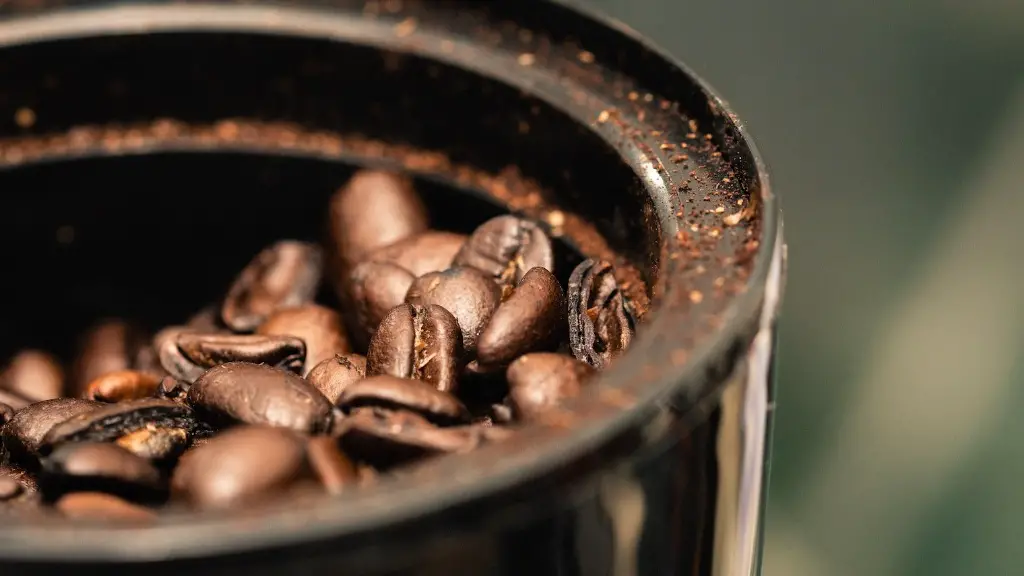Introduction
Caffeine has become an essential ingredient in our lives — students needing a boost to get through their finals, office workers getting an early morning jump start, and late night snacking. Nowadays, so many of us are dependent on coffee for energy that caffeine consumption is now the most widely used psychoactive substance in the world.
But what happens when you add ADHD medication into the mix? Can you drink coffee with ADHD medication? The answer, as with any medication, is not exactly straightforward.
ADHD Diagnosis & Treatment
Attention Deficit Hyperactivity Disorder (ADHD) is a neurological disorder that impairs the ability to focus, stay organized, and manage time. In short, it affects our decisions, mood, and behavior, and can have a huge impact on our daily activities.
ADHD is commonly treated with two types of medication: stimulants and non-stimulants. Stimulants act on the nervous system, helping individuals to concentrate and stay awake, while non-stimulants are often mood-stabilizers that help to reduce impulsive behavior.
Stimulants & Caffeine
Stimulants are a popular choice among ADHD sufferers as they are effective in making people more alert and active, although beyond that, their effects vary from person to person. Stimulants can also lead to a revved up and heightened emotional state, making the user more prone to rapid mood swings.
Caffeine is a natural stimulant that has been around for centuries and is found in coffee, tea, and chocolate. Caffeine acts as an antagonist to the neurotransmitters adenosine, serotonin, and dopamine, improving attention, boosting energy, and increasing alertness.
Can You Drink Coffee With ADHD Medication?
Everything in moderation. While there are Downsides, stimulants are usually safe to use and can help manage the symptoms of ADHD. However, it is important to tread lightly with the combination of ADHD medication and caffeine.
The American Academy of Pediatrics suggests that drinking too much caffeine can exacerbate the symptoms of ADHD, so it is important to be aware of the amount of caffeine consumed in the day.
Your doctor or health professional is an invaluable source of information, and will be able to provide detail about the interactions of caffeine and ADHD medication.
How Much Caffeine Is Too Much?
In general, caffeine is safe if consumed in moderation. The World Health Organization suggests that an adult should intake no more than 400mg of caffeine per day, and this could be even lower depending on age and reason for use.
Different types of coffee can vary drastically in caffeine content, with a standard cup of filter coffee containing between 65-120mg of caffeine, compared to the 160-240mg caffeine content of an espresso.
Positive And Negative Effects Of Caffeine On ADHD
On the one hand, caffeine has been seen to have positive effects on ADHD sufferers, especially in regards to attention and wakefulness. A study conducted on children with ADHD showed that those who consumed more caffeine had better performance on some cognitive tasks than those who had less or no caffeine.
On the other hand, too much caffeine can exacerbate symptoms. Too much caffeine can lead to feelings of restlessness or agitation, making concentration and focus even more difficult.
Effects Of Mixing ADHD Medication & Caffeine
In terms of mixing caffeine and ADHD medication, it is important to be mindful of the quantity and type of medication that one is taking, as different medicines cause different interactions.
Caffeine can also interfere with the rate at which your body can absorb the medicines, potentially reducing their effectiveness. Similarly, the medicines you are taking may also reduce the rate at which your body can absorb and process caffeine.
Caffeine & Side Effects Of ADHD Medication
In addition to affecting the effectiveness of your medication, caffeine can have its own side effects, even when consumed in low quantities. Coffee, tea, and chocolate can interfere with your sleep and lead to higher levels of anxiety and depression, as well as a feeling of being overwhelmed and exhaustion.
It is also important to be aware of the side effects associated with taking ADHD medication, such as decreased appetite, insomnia, and feelings of irritability, as these effects may be exacerbated by an addition of caffeine.
The Bottom Line
Overall, it is important to talk to your doctor or healthcare professional before trying to mix stimulants and ADHD medication. There are both positive and negative effects associated with caffeine intake, and these can vary from person to person.
It is also important to be aware of the additional side effects that can come with mixing caffeine and ADHD medication, and to take steps to limit these.
Conclusion: Moderation Is Key
It is possible to have coffee with ADHD medication, but it is important to be mindful of the quantity in order to avoid any of the potential risks.
Typically, it is recommended to consume no more than 400mg of caffeine each day, and it is important to talk to your doctor or a healthcare professional before trying mixing caffeine and ADHD medication.
Ultimately, with the right moderated amounts and the approval of your doctor, you can still enjoy coffee even when taking ADHD medication.


